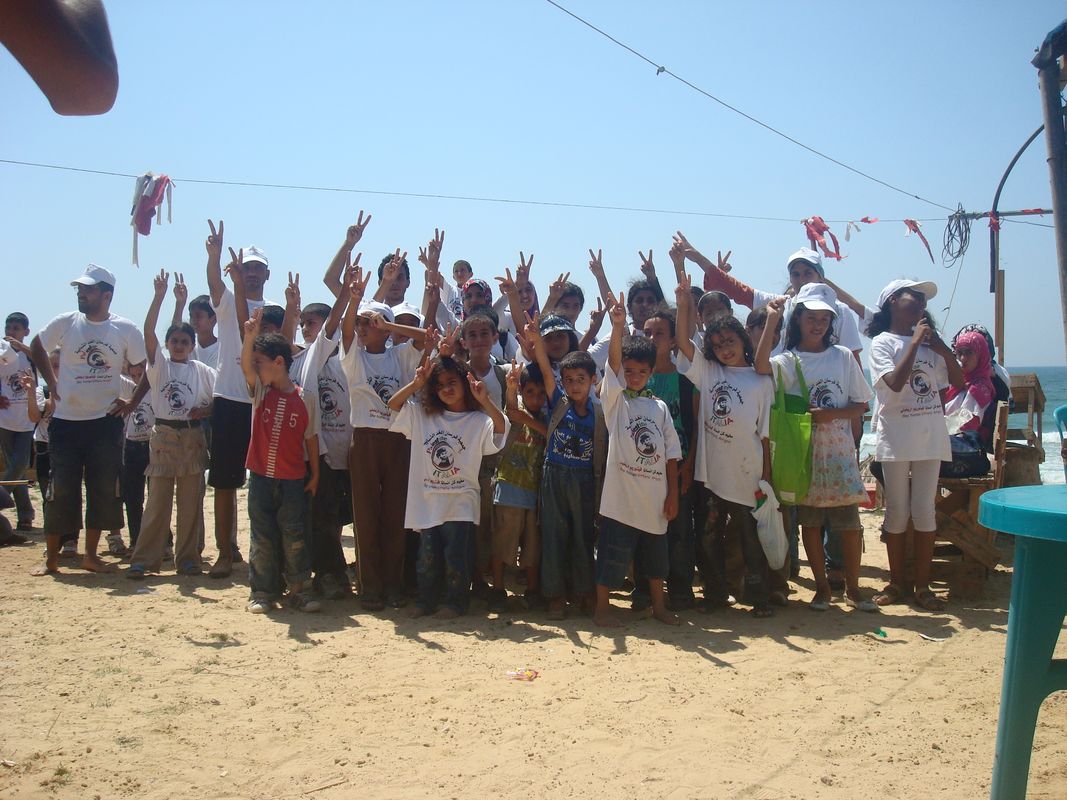Tag: Vittorio Arrigoni
-
Gaza summer camp teaches service, struggle
6 July 2011 | International Solidarity Movement At Vittorio’s funeral in Gaza the crowds chanted “Viktor is with the fisherman, Viktor is with the farmers”, Vittorio is still with the people of Gaza. He lives on in their hearts. He has been honored with a football tournament in Rafah, with a street in Gaza, with…
-
Kite flying in Beit Hanoun
29 June 2011 | International Solidarity Movement, Gaza Every Tuesday morning there is a demonstration against the Occupation in Beit Hanoun, when people march into the buffer zone, demand an end to the occupation, and are met with more bullets from the occupation. Today was different and yet the same; today we didn’t go into the…
-
My speech for Vik’s memorial in Faraheen
29 May 2011 | Nathan Stuckey, International Solidarity Movement – Gaza Many of you here have known Victor longer than I. I will not tell you about what a great person Victor was, you already know that. I will instead offer you a Victor you might not have known, a Victor that fate never allowed.…

